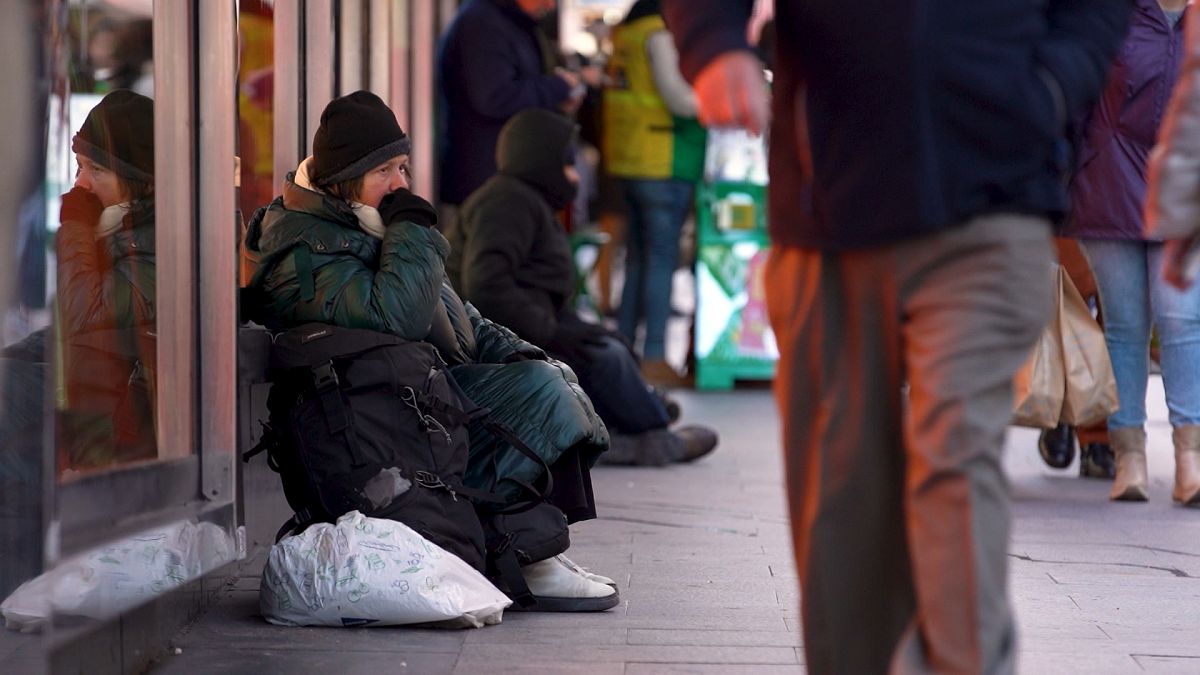First developed in the US, the initiative known as Housing First, is being adopted increasingly in Europe. Unlike traditional approaches, it doesn’t require individuals to meet certain criteria before receiving housing assistance. The idea is that homeless individuals have a higher chance of creating a brighter future for themselves if they first have a roof over their heads.
Carlos Martínez Carrasco lived rough for several years before a Housing First initiative provided him with a flat on the outskirts of Madrid.
He told Real Economy that the flat has changed his life in every way: “I no longer lack the things that you do when you’re on the street and I can cook. I don’t have to find a way to wash clothes… I can go out with the peace of mind that I have a place to come back to. I am very happy today.”



deleted by creator
Most chronically homeless are though. Somewhere around 80% in the US. Although a lot of that is self medication for mental illness.
deleted by creator
It’s not, though.
deleted by creator
No, a large portion of the chronically homeless are addicts, those with severe mental illness, or both.
Please note the “chronically” part. I’m not talking about all homeless people.
But a lot of chronic hard drug users are homeless.
All I’m saying is I agree it’s not simple, and there would need to be a system in place to mitigate those complexities. These are the types of concerns that voters on these projects would have.
Do you think it is easier to adress drug abuse, when people on top of it lack a home and the basic safety and comfort it provides?
No, and I never claimed that was the case.
deleted by creator
deleted by creator
And when residents refuse those services? When they simply want to take the free space and be allowed to continue whatever pattern in their life led to their current circumstances?
A lot of the times that wouldn’t be an issue- people using the resources available to uplift themselves(the majority, I’d argue) will stay for the time they need, and move on when they’re back on their feet.
It’s the ones who have no interest in getting back on their feet that would be the source of problems, and there has to be a way to deal with that.
The worst case scenario is that over time, each residence will eventually be filled by someone who takes it for granted and does not use the opportunity to improve. And all the while they’re there, there could be another individual that could use the same housing and actually progress their lives.
Seriously talk to anyone who actually works with the homeless or in social services, these are the pragmatic problems of public services.
deleted by creator
You know nothing about me or my life, but I’ll tell you this is the dumbest thing you’ve said so far.
I agree with what you’re saying and I’m telling you that these systems break down when they get taken advantage of without any kind of oversight- up to and including section 8 housing.
deleted by creator